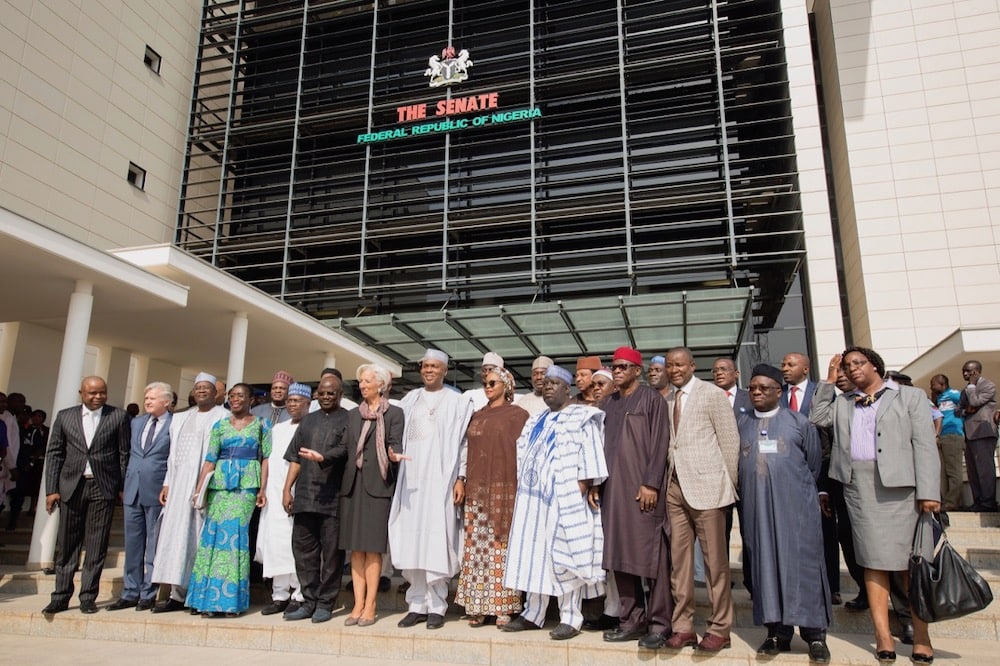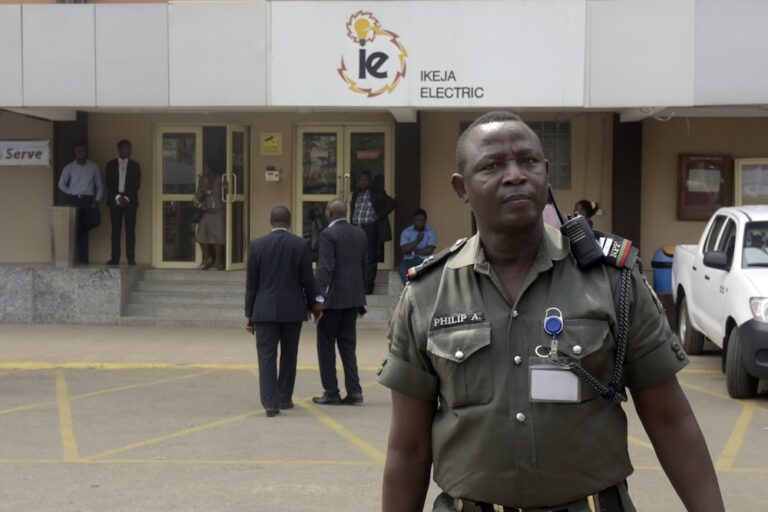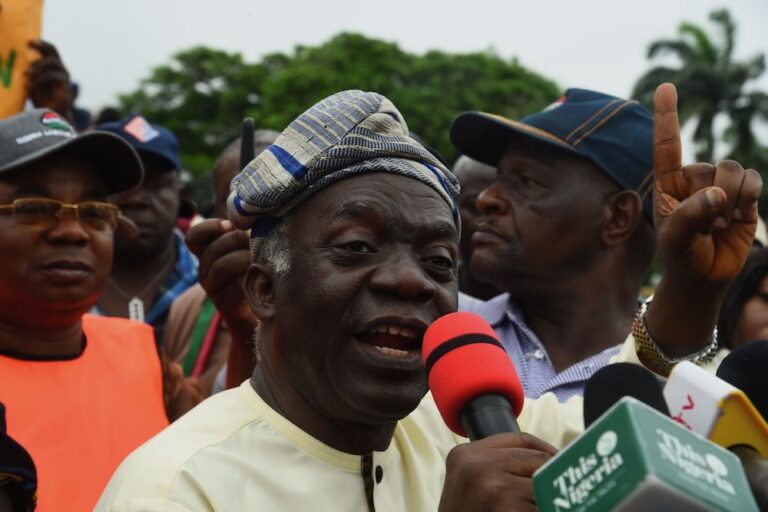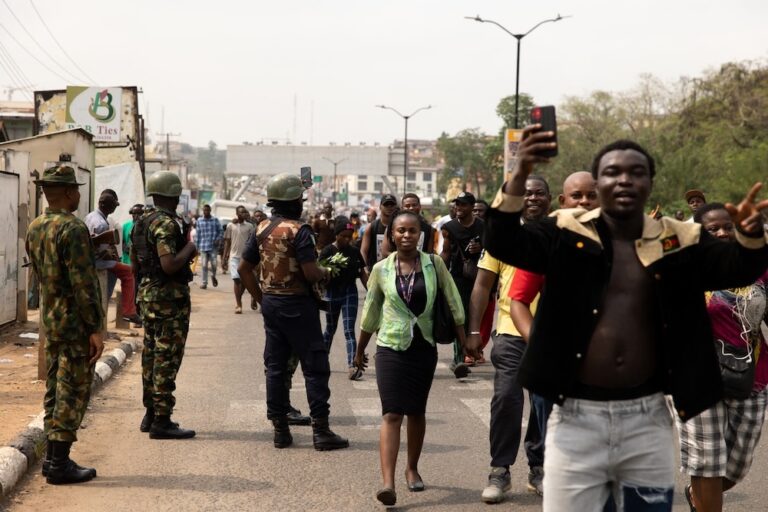Nigerian Parliament's dismissal of a series of bills denies Nigerian women opportunity to overcome obstacles hindering their inclusion into structures of governance.
This statement was originally published on ipcng.org on 4 March 2022.
Constitution Review: IPC stands with women to protest rejection of bills
The International Press Centre (IPC) joins voices with women all over Nigeria to protest the rejection of bills to promote the interest of the female gender in the ongoing constitutional amendment
The bills for special seats for women in the legislature, indigeneship, citizenship and 35 percent party leadership did not scale through during the voting on the constitution amendment in both Chambers of the National Assembly.
In a statement by the Executive Director, Lanre Arogundade, IPC, said it is unfortunate that the 9th National Assembly (NASS) would contravene the country’s international legal obligations by denying Nigerian women the opportunity of better inclusion and greater representation in governance by voting against the pro-gender bills.
Arogundade stated that the rejection puts the country in bad light as it negates this year’s campaign theme #BreakTheBias of the United Nations (UN) International Women’s Day to be celebrated globally on March 8, 2022 (IWD 2022) under the broad theme “Gender equality today for a sustainable tomorrow”.
“Furthermore, the proposed bills that were rejected would have addressed the current gender imbalance across the legislative arms of governments in the country, whilst reducing the under-representation of women in political office,” he stressed.
Citing the recent achievements of IPC in enhancing the participation of women in politics executed under Component 4b: Support to the media of the EU Support to Democratic Governance in Nigeria (EU-SDGN) Project, Mr. Arogundade said that 12 (twelve)) out of those who participated in the training currently hold committee positions in the legislature of Akwa Ibom, Cross River, Ebonyi, Ekiti and Ondo States.
IPC therefore calls on the National Assembly to reconsider its decision and take proactive and affirmative action in providing more opportunities for women to participate in politics, governance, and all spheres of human endeavour.



